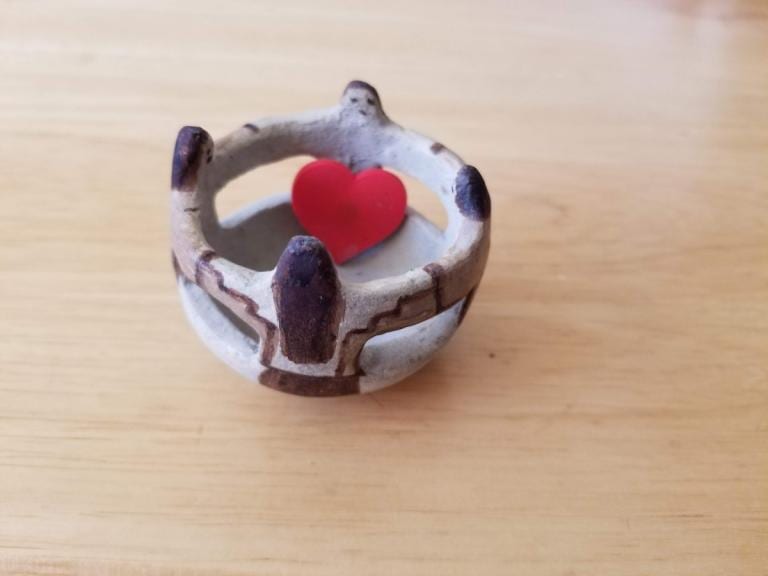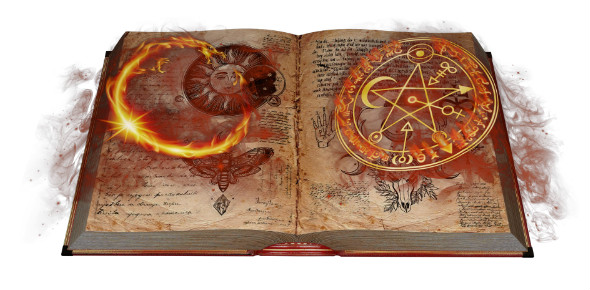It’s okay to grieve.
Recently I spent a weekend in sitting practice with a women’s group. We invoked the Goddess in many forms, out of ourselves, into ourselves. We opened ourselves to whatever she would show us. Sharing our experiences afterwards, we took turns tentatively expressing our pain, crying, supporting each other. It was a great gift to be able to grieve together, to be heard and witnessed without being shut down.
We needed permission to cry. In American culture we’re supposed to do our mourning and then get on with it. Grief is a defect we should repair rapidly and return to productivity. Anyone still in pain after the designated mourning period is wallowing and needs to get over it.
We’re getting that message now about living through a global pandemic. Happy TV commercials show adults working at the same table where kids are doing their schoolwork. It’s appalling that marketers commoditize our resilience. What this picture of new-found togetherness glosses is that we didn’t choose this. Some of us were prepared, some weren’t, but all of us have lost the lives we used to live. These images promise that it’s all going to be okay if we just handle it right. But it’s not okay, outside the happy houses on the TV screen people are dying. Inside our houses people are dying.
We need to get better at grief. We avoid having to grieve by ducking into denial and anger. People who play dice with death by circulating without masks and attending COVID parties are acting out denial. God will protect them, or their youth, or their health, or the odds. Customers shooting store clerks who tell them to wear masks are acting out anger. You can’t shoot the virus but you can shoot the messenger.
We take refuge from our grief by wrapping ourselves in a shroud of numbness. At the grocery store I hear “Customer service needed at the premium liquor cabinet” on a continual loop. I said to the clerk “Looks like we’re drinking our way through this” and she didn’t laugh. (My choice is Courvoisier).
This ongoing crisis layers on top of everything else we were all dealing with in our lives. Everybody’s got something: lost jobs, sick kids, aging parents, broken hearts. In January my husband of 39 years was diagnosed with ALS, Lou Gehrig’s disease. It’s one of those life events that shines a spotlight on your reality. My friends sorted out into those who gave me warm hugs and sent me cards and others who responded with glacial silence, and they weren’t always the ones I would have expected. It identifies what is truly important, not stuff or accomplishment, but the gift of every day I still have with Alex.
As a primary caregiver a lot more work falls on my shoulders. The pandemic swept away many of the things that were helping me manage through it. I can’t just run to the store to lay in a stock of casseroles or ask friends over to help me clear out wheelchair space. Actually, in some ways the diagnosis prepared me to handle the pandemic. I was already in organizing-coping mode, the new restrictions became just one more set of things to manage. But I register the losses of things that made managing a little easier.
These losses are not particular to me, they’re shared globally by every human being. We’ve lost the places we used to go. I drive past a row of restaurants remembering when all I had to do was pick the one I wanted to visit. I miss eating breakfast out. I miss the gym. I miss browsing in the bookstore. I miss walking down the street without flinching when another person walks by.
We’ve lost our social life. My coven hasn’t circled in person since Candlemas. I’ve only been to one BLM protest, the one stretched out on a sidewalk with everyone masked. I miss the farmers market, wandering the booths talking to local folk. I miss hugging my friends.
We’ve lost our friends. Talking to people on Zoom is a different kind of conversation than the one we can have in person. Now that it’s summertime I’m meeting people in parks. We breathe in the scent of the trees and feel the grass beneath us. This isn’t always possible though. Some of my friends are too far away to visit. Others are physically accessible but emotionally absent; I miss them the most.
We’ve lost the joy of anticipation. It’s prudent to live in the now, but what do we have to look forward to? I can’t plan a trip, or get excited about the first game of the season, or experience that happy flutter when I realize a family party is coming up. We can barely travel from state to state and international travel is suspended indefinitely. The baseball season lurches on with no crowds in the stadiums, COVID sweeping the clubhouse, and players wondering if their careers are worth their families’ lives. I’ve cancelled the family parties I used to host; gatherings are one of the vectors.
These are our losses and it’s okay to grieve them. It’s healthy to grieve them. Avoiding grief avoids life. The demand to be continually productive is the demand to give up our lives to some other purpose than our own. When we sit in our genuine feelings we come home to our own lived experience.
Denial, anger and numbness offer a refuge but also rob us of freedom. They compel us to act in certain ways, to follow out the script, to run away or to lash out or fail to respond at all. We lose the ability to act authentically in the moment. When we allow ourselves to actually feel pain we are rewarded with clarity. We can see what’s really happening. Clarity gives us the freedom to choose responses that are the most beneficial to us. We can maximize our chances to enjoy life as we live it now. We can maximize our chances to keep our friendships. We can maximize our chances to survive the pandemic.
To grieve offers more than clarity. It opens the gate to a liminal space where transformation occurs. Ultimately we flinch from grief because we fear death. But death will happen, to our loved ones and ourselves. Pushing the pain away traps us in the pain. When we accept death, accept the pain, we clear the way for other feelings to emerge. In transition there is also joy and peace and fulfillment. Grief is sacred. It is an acceptance of our embodied experience.
So I grieve. I sit with my friends and share their grief. I sit in meditation with the Mother and give her everything, and she gives me everything in return.
The obverse of grief is joy. Even while we’re managing a global pandemic or a personal tragedy it’s okay to be happy too. Not the forced happiness of the cheerful TV commercial, but smiling at a flower or laughing at a movie or getting climbed on by a dearly loved cat or dog. Every moment of joy splits open the world.
I choose grief, I choose joy, I choose death, I choose life, I choose love. Grief and joy are both artifacts of love. I love the world, I love my life, I love my friends, I love Alex. Love is all that matters.


